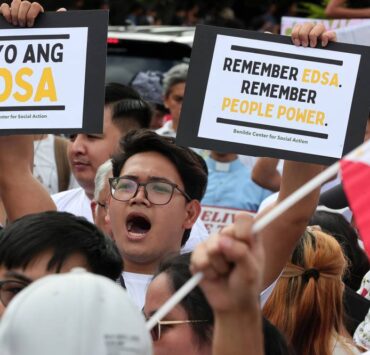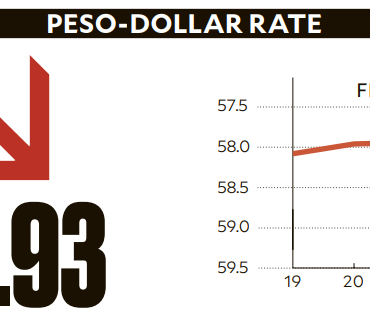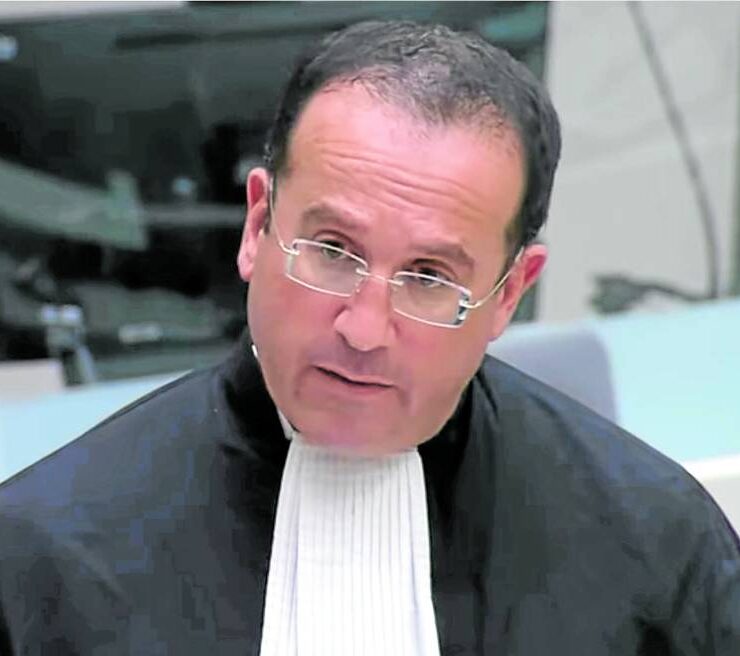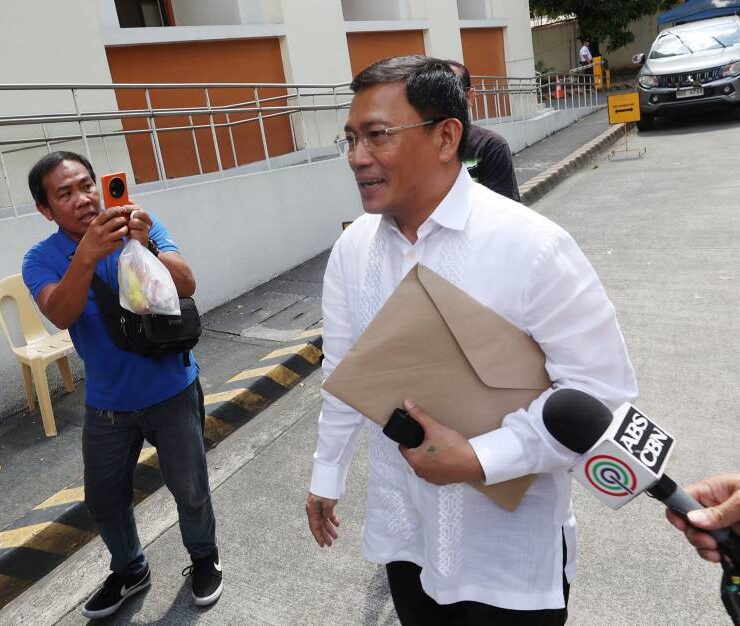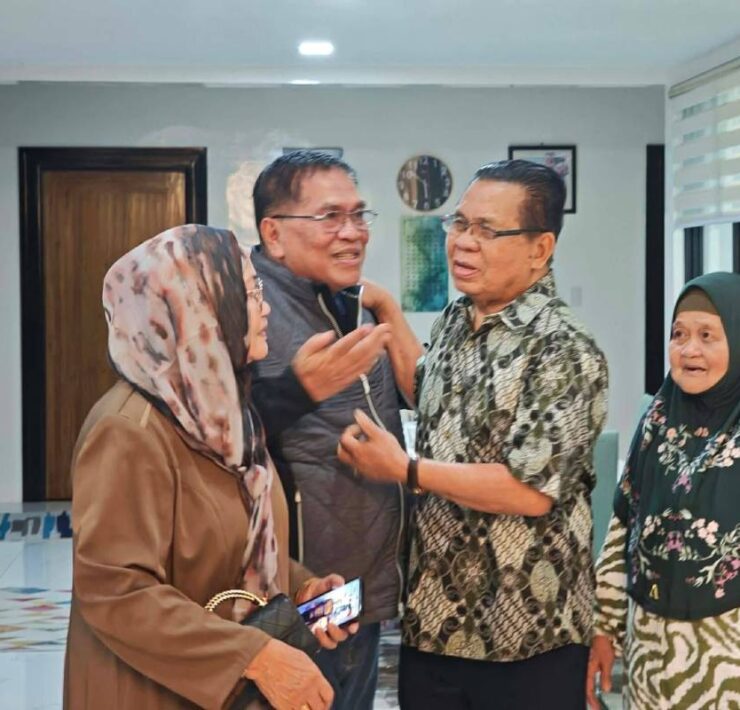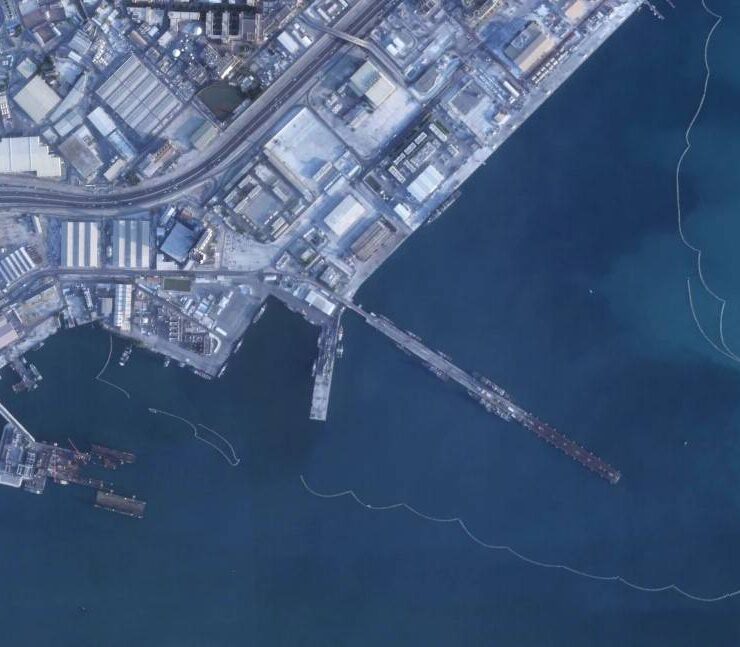SC justice: PhilHealth funds not for other purposes
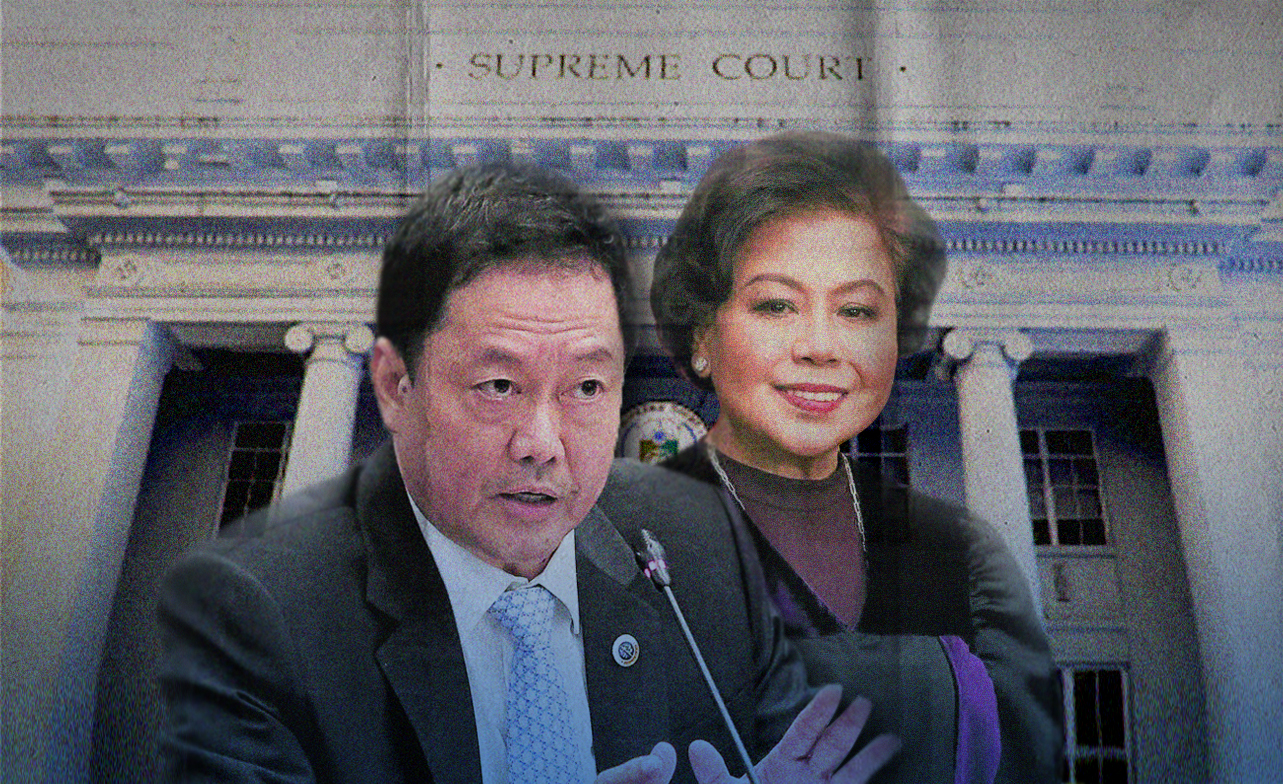
- Game over? At the SC oral arguments on Tuesday, Associate Justice Amy Lazaro-Javier repeatedly said PhilHealth funds should be “exclusively used” for its programs and not for other unrelated purposes.
- “Is there an urgency to transfer the PhilHealth funds when the project is already fully funded?” Lazaro-Javier asked Solicitor General Menardo Guevarra, who represented the House of Representatives and Senate. “Is the peace process part of PhilHealth’s mandate?” the justice said.
- Guevarra declined to speculate on why lawmakers allocated the project under unprogrammed funds. But he maintained that the issue fell within the discretion of Congress.
Where did the money go?
Oral arguments at the Supreme Court continued on Tuesday on the controversial transfer of P89.9 billion in excess reserve funds from the Philippine Health Insurance Corp. (PhilHealth) to the national treasury for unprogrammed appropriations.
The court particularly wanted to know why the government deemed it necessary to reallocate the state health insurer’s funds to projects already funded by the budget and those with predictable expenses, such as infrastructure, the peace process, and the military’s modernization program.
Supreme Court Associate Justice Amy Lazaro-Javier repeatedly emphasized during the more than four-hour hearing that the funds of PhilHealth should be “exclusively used” for programs related to the corporation and not for other unrelated purposes.
Lazaro-Javier cited the Department of Finance (DOF), which said that the funds to be remitted to the national treasury were intended to finance “urgent” national projects.
She pointed out that the Office of the Solicitor General (OSG) enumerated these projects in a list submitted in November 2023, including routine maintenance of national roads, the Panay-Guimaras-Negro (PGN) Island bridges project, and pavement of right-of-way.
“Per (the Department of Budget and Management’s) Budget of Expenditures and Source of Financing FY 2024 report, the PGN Bridges project appears to be fully funded by the Export Import Bank of Korea in the amount of P174.49 billion. Is there an urgency to transfer the PhilHealth funds when the project is already fully funded?” Lazaro-Javier asked Solicitor General Menardo Guevarra, who spoke on behalf of the respondents, the House of Representatives and Senate.
Lawmakers’ decision
In response, Guevara said one of Congress’ considerations was assessing whether a project is ready for implementation within a timeframe.
“So if a project that has already been identified and sufficiently funded is considered to be non-implementable for the given fiscal year, then I think it is the decision of Congress in the exercise of its policy or wisdom, so to speak, to move it to the unprogrammed appropriations in the meantime,” he explained.
But the associate justice further pressed Guevarra, asking him if the government spent even a single centavo from that Korean loan, considering that the project has not even started.
“Well, there is nothing to spend for if the project has not even started,” Guevarra said.
“So where is the money?” Lazaro-Javier asked.
- Why even ‘peace process’?
- The associate justice also noted that the 2024 General Appropriations Act (GAA) already earmarked a budget under the Office of the Presidential Adviser on Peace, Reconciliation, and Unity for the management and supervision of comprehensive peace process, yet an additional P688 million was placed under unprogrammed appropriations for this purpose.“Is the peace process part of PhilHealth’s mandate?” the justice said.The OSG declined to speculate on why lawmakers allocated the project under unprogrammed funds.The OSG further argued that the inclusion of such projects in the unprogrammed appropriations was merely a list, and the actual availment of funds would still depend on the implementing agencies.However, Lazaro-Javier pointed out that because of this list, PhilHealth’s reserve funds had already been transferred to the national treasury.Pressed on whether the transfer was valid or constitutional, Guevarra maintained that the issue fell within the discretion of Congress.“We will not be in a position to say that a certain appropriation is right or wrong or proper or improper,” he pointed out.
- Health program at risk
- Members and supporters of the Health Workers Party-list also trooped to the Supreme Court on Tuesday to assert their opposition to the transfer of PhilHealth funds, saying legitimizing it will further make public healthcare inaccessible.
- “We call on the Supreme Court to declare such a move illegal and unconstitutional,” said the party-list, which will be running for the first time in the midterm elections on May 12.
- According to the Health Workers Party-list, the billions of supposedly excess government subsidies resulting from the inefficient handling of PhilHealth should not have been taken away at the cost of Filipinos’ access to healthcare services.
- “Public funds should be directly allocated for free healthcare, not for business, not for corruption, and not for pork,” it said.
- Based on the Health Care Financing Strategy of the Philippines 2023-2028 of the Department of Health, PhilHealth faces a deficit ranging from P34.5 billion to P62.5 billion with the full rollout of its Konsulta package, a comprehensive outpatient primary care service that includes free consultation, targeted health risk screening and assessment, selected laboratory and diagnostic tests, drugs and medicines as recommended by the healthcare provider.
- ‘Run like a business’
- For the party-list, Philhealth was “being run as a business venture rather than a government service.”
- Despite access to health care being a fundamental right, it said Filipinos, especially from the low- and middle-income groups, remain trapped in financially catastrophic medical situations.
- “We say no to the transfer of PhilHealth excess funds. We say yes to adequate and direct funding for primary health facilities and public hospitals. We say yes to free, timely, appropriate, and quality health services,” the party-list added.
- “Public funds directly allotted to public health and health facilities could save lives instead of being a mere drop in the national treasury which would just be used for questionable discretionary pork-like projects,” it added. —WITH A REPORT FROM DEXTER CABALZA














